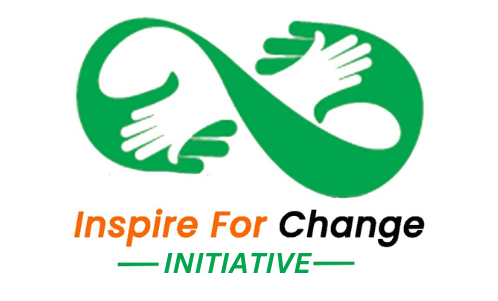Tackling Climate Challenges: The Environmental Management Program.
Environmental degradation and climate change are creating new, unprecedented challenges across the globe, particularly in vulnerable regions like the Greater Horn of Africa. As temperatures fluctuate, precipitation becomes unpredictable, and extreme weather events like droughts and floods become more frequent, the impacts on society are profound. Water scarcity, biodiversity loss, and food insecurity are becoming increasingly prevalent, leaving communities struggling to cope with the growing humanitarian crisis.
The Environmental Management Program aims to address these challenges by promoting sustainable practices and enhancing community resilience, particularly among vulnerable populations.
According to a 2024 report by the Intergovernmental Panel on Climate Change (IPCC), approximately 58.1 million people in the Greater Horn of Africa are classified as highly food insecure due to prolonged droughts and severe flooding driven by climate change. This region accounts for nearly 22% of the global humanitarian crisis, highlighting the critical need for targeted interventions to support affected populations. In addition, in 2023, the world saw a staggering 46.9 million new internal displacements, with 56% triggered by disasters like floods and droughts. A significant portion of these displaced populations resides in the Greater Horn of Africa, where floods alone caused 9.8 million displacements.
The Environmental Management Program works to mitigate these climate-related impacts by collaborating with local communities, non-governmental organizations (NGOs), and government bodies. The program focuses on fostering sustainable practices that can reduce environmental degradation while equipping communities with the tools and knowledge to build resilience against climate-related events. By adopting a holistic approach, the program aims to enhance the ability of vulnerable populations to cope with the immediate and long-term effects of climate change.
In addition to enhancing individual and community resilience, the program promotes environmentally sustainable practices to mitigate the root causes of climate change. These efforts include raising awareness about the importance of protecting natural resources, encouraging water conservation, and advocating for the adoption of climate-smart agricultural practices that preserve biodiversity and improve food security.
As climate change continues to pose existential threats to communities worldwide, programs like the Environmental Management Program play a vital role in building a more sustainable future. By addressing the specific needs of vulnerable populations, particularly those impacted by disasters like floods and droughts, the program aims to create long-lasting solutions that promote both environmental stewardship and human resilience.
